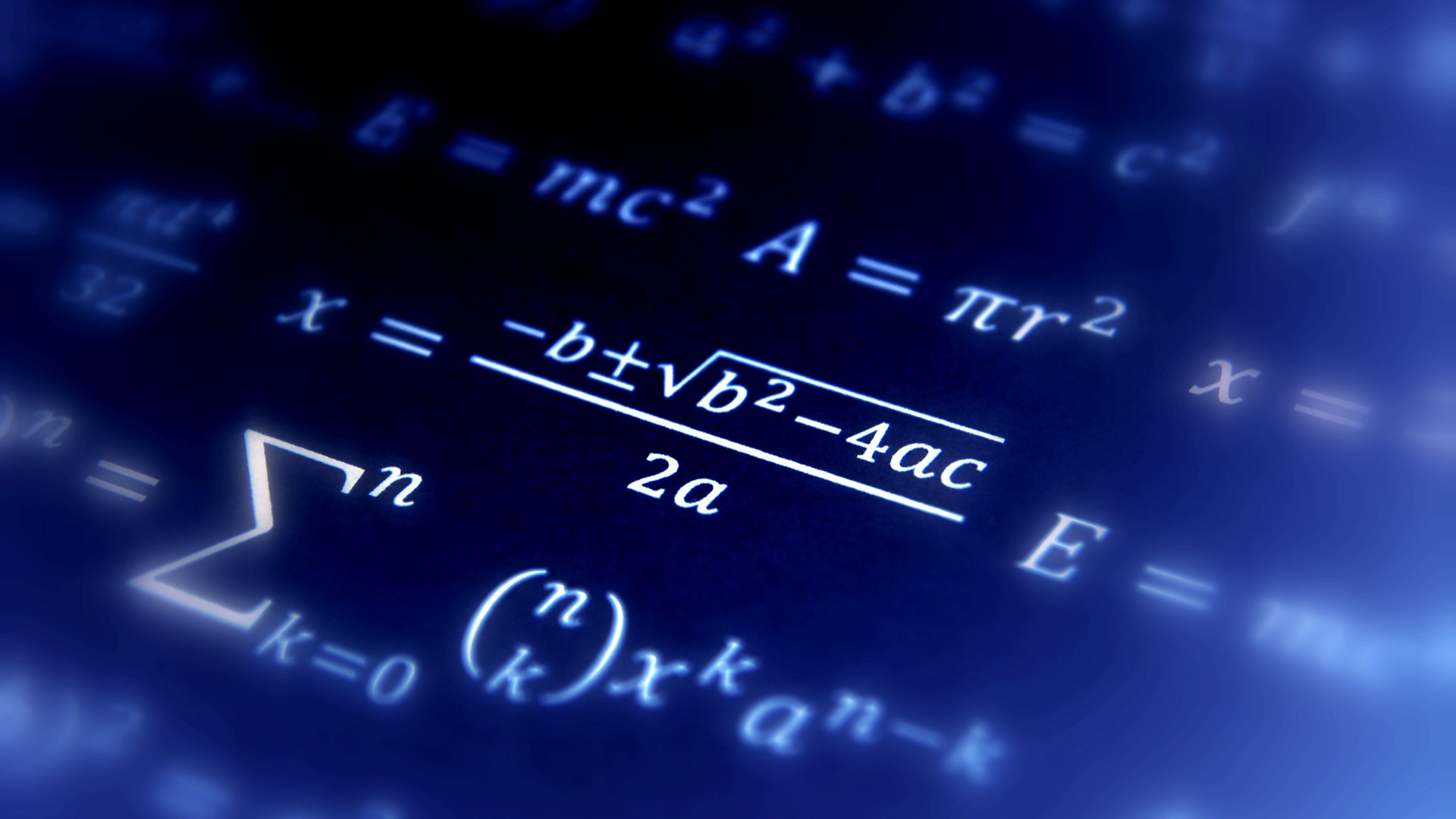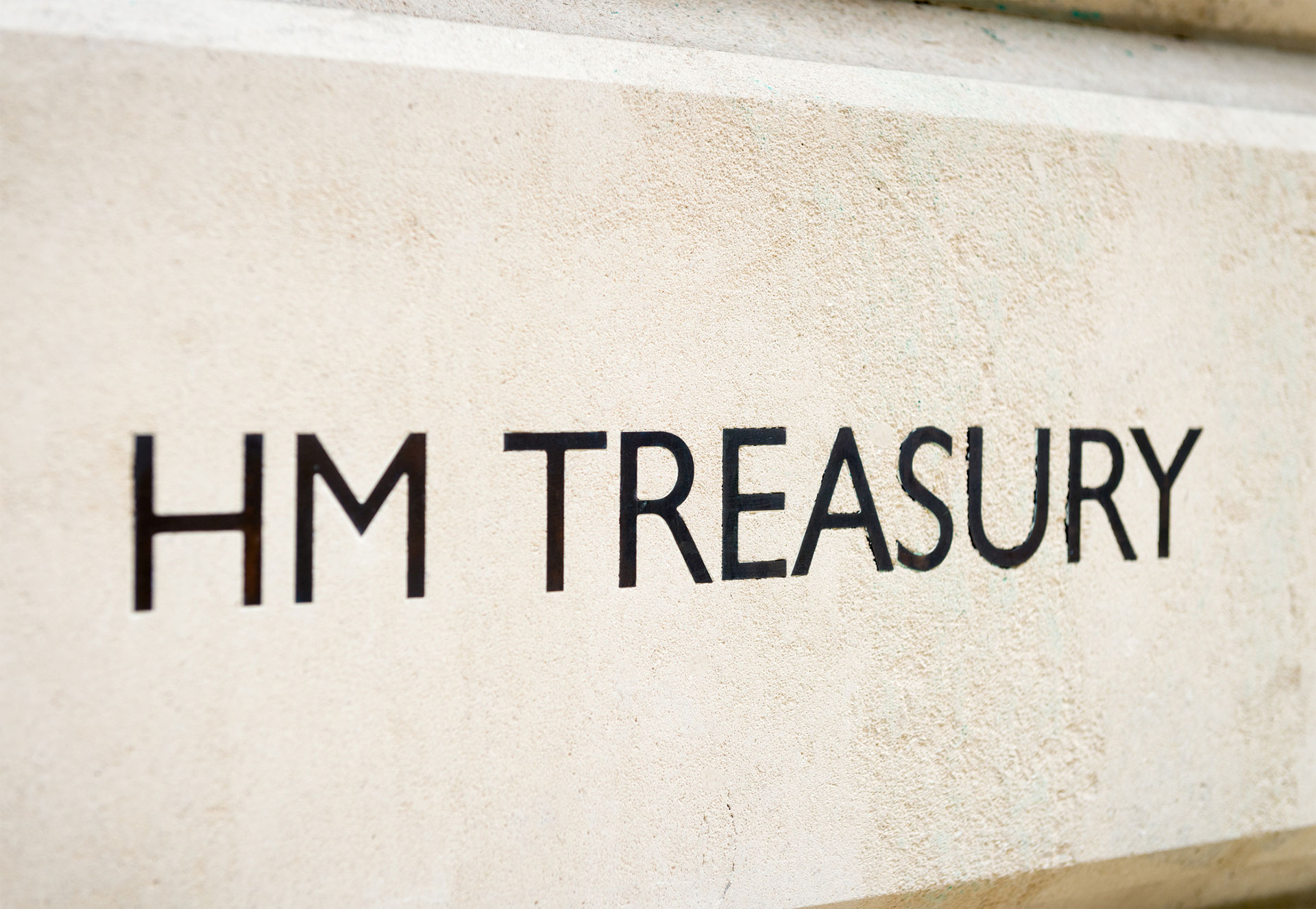
This week (11-17 November 2024), we’re thrilled to support Maths Week England — a fantastic initiative encouraging students across the country to dive into the world of maths.
At ADS, representing the UK’s aerospace, defence, security, and space sectors, we know how vital mathematical principles integrate into these sectors to solve real-world challenges. From designing safer aircraft and satellites to developing advanced technologies that protect the UK and its people, it is the essential language that articulates and solves complex engineering problems and is the backbone of our industries.
Getting involved in Maths Week England
Maths in aerospace helps create sustainable, efficient aircraft that reduce emissions and help us travel farther and faster. Defence and security use maths to strengthen our national resilience, developing advanced technology to protect us on the ground and online. And space exploration—well, that’s where maths really takes off! From satellite communications to monitoring our climate, maths drives us towards new discoveries.
Maths Week England reminds us that everyone can enjoy maths. It’s about problem-solving, creativity, and logic—skills that everyone can build on. There are many ways to get involved this week, whether by taking on challenges, joining an online event, or even just observing its application in your everyday life. We want young people to see maths not as a classroom chore, but as a tool that helps solve real-world challenges, from creating cleaner energy sources to advancing cybersecurity.
Maths careers that shape the future
Picture this: engineers calculating the trajectory of rockets, analysts protecting our digital world from cyber threats, or designers creating cutting-edge drones. All these roles rely on a strong foundation in maths. And the best part? The skills learned in school can lead to careers in some of the UK’s most innovative and dynamic sectors offering a wealth of exciting, well-paid jobs.
But with many jobs not even invented yet, here is a glimpse into the future and the trajectory it could take:
1. Modelling and Simulation
In aerospace, mathematical models simulate the behaviour of aircraft under various conditions, from take off to extreme manoeuvres, for example fluid dynamics equations model airflow over wings and fuselage, optimising designs for fuel efficiency and stability.
Simulation models use mathematical principles to predict behaviour of defence technology and in space, modelling allows engineers to simulate planetary landings, orbital trajectories and rover movements, enabling safe navigation and exploration from earth.
2. Data Analytics and Machine Learning
Data Analytics and Machine Learning have transformed decision-making in our sectors. Statistical analysis, probability and machine learning algorithms help detect patterns and make predictions from the vast amounts of data collected such as monitoring sensor data on aircraft to optimise operations to processing satellite imagery for detecting potential threats.
3. Quantum Mechanics and Advanced Physics
Quantum technologies such as quantum computing and quantum cryptography are emerging areas in our sectors that are advancing processing power and secure communications. Mathematical models based on atomic theory enable the design of materials with precise properties necessary for environments where every atom’s behaviour can impact performance such as high-strength composites for aircraft or radiation-resistant materials for space missions.
At ADS, we’re excited to support Maths Week England and encourage young people to consider careers in our sectors. We believe that inspiring a love for maths today can open doors to the careers of tomorrow. So, join us in celebrating Maths Week, and let’s work together to show how maths can lead to a world of opportunity.





